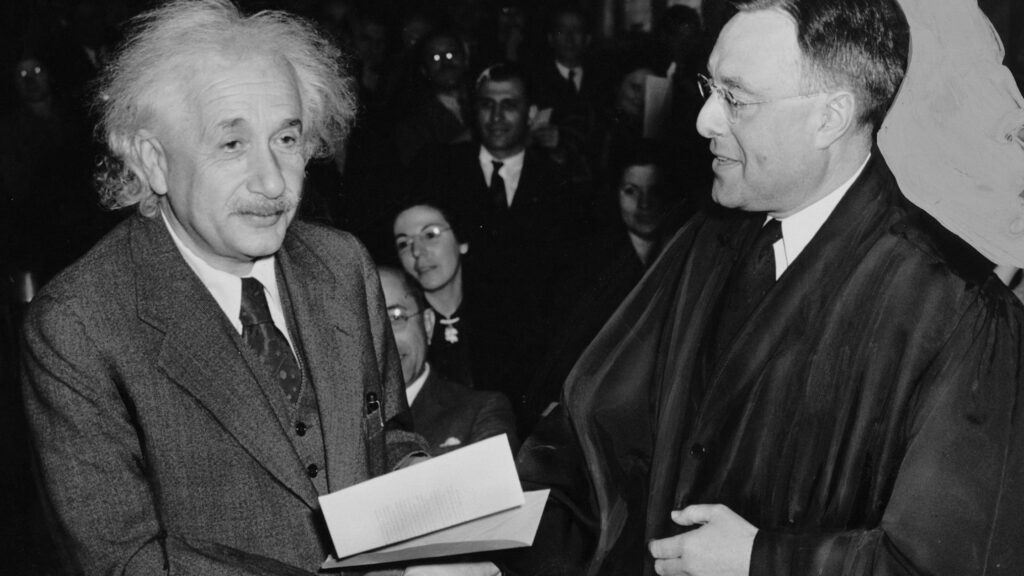was known you know that some of the most famous scientists in history also suffered from OCD? Their obsessions helped them to make groundbreaking discoveries that have shaped our world today. In this blog post, we will discuss the lives and work of three famous scientists who had OCD: Charles Darwin, Nikola Tesla, and John Nash. We will explore how their obsessions led to their success, and we will also learn about some of their most famous discoveries.
Contents
7 Famous Scientists With OCD Disorder
It’s estimated that OCD affects about one in every hundred people. And while it’s often thought of as a disease that causes people to obsessively wash their hands or check the locks on their doors, OCD can manifest itself in a variety of ways.
Interestingly, some of the world’s most famous scientists have suffered from OCD. Here are eight of them:
Marie Curie
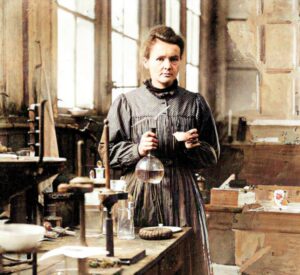
Marie Curie was a Polish scientist who made groundbreaking discoveries in the field of radioactivity. She was the first woman to win a Nobel Prize, and she did so twice. Curie’s OCD manifested itself in her need for order and symmetry. She arrange her furniture in a very specific way, and she would often spend hours cleaning her laboratory.
Curie was knew to be extremely meticulous in her work, which likely contributed to her OCD. She was also known to be a bit of a loner, which may have been due to her OCD. Curie’s obsessions likely helped her focus on her work and achieve such great things. She is an inspiration to many people with OCD.
Albert Einstein

Albert Einstein is one of the most famous scientists of all time. He’s best known for his theory of relativity, but he also suffered from OCD. Einstein was a neat freak, and he would often spend hours arranging his books and papers. He was a perfectionist, which likely contributed to his OCD. He was also known to be a bit of a loner, which may have been due to his OCD. Einstein’s obsessions likely helped him focus on his work and achieve such great things.
In his case, his OCD may have been a blessing in disguise. This is something that many people with OCD can relate to. Most importantly, Einstein’s story shows that OCD doesn’t have to be a hindrance. It can be a source of strength and power.
Isaac Newton
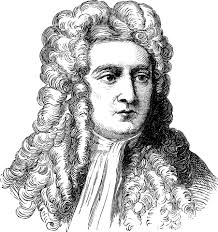
Isaac Newton is one of the most famous scientists in history. He’s best known for his work on gravity and calculus, but he also suffers from OCD. Newton was so obsessed with cleanliness that he would often wash his hands dozens of times a day. He was also known to be a perfectionist, which likely contribute to his OCD.
He was also known to be a bit of a loner, which may have been due to his OCD. Newton’s obsessions likely help him focus on his work and achieve such great things. His OCD may have been a blessing in disguise. This is something that many people with OCD can relate to. Most importantly, Newton’s story shows that OCD doesn’t have to be a hindrance. It can be a source of strength and power.
Isaac Asimov
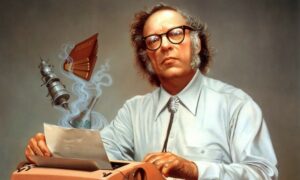
Isaac Asimov was a Russian-born American writer and scientist. He’s best known for his work in the field of science fiction, but he also made significant contributions to the fields of robotics and astronomy. Asimov’s OCD manifested itself in his need for order and symmetry. He arrange his books and papers in a very specific way, and he would often spend hours cleaning his desk.
Asimov was a perfectionist, which likely contributed to his OCD. His obsessions likely helped him focus on his work and achieve such great things. For him, his OCD may have been a blessing in disguise. Most importantly, Asimov’s story shows that OCD doesn’t have to be a hindrance. It can be a source of strength and power.
Stephen Hawking
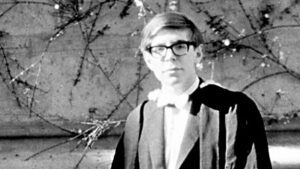
Stephen Hawking is one of the most famous scientists of all time. He’s best known for his work on black holes and quantum mechanics, but he also suffers from ALS, a debilitating disease that has left him paralyzed. Hawking’s OCD manifests itself in his need for order and symmetry. He is known to arrange his papers and books in a very specific way, and he often spends hours cleaning his desk.
He suffers from OCD. Hawking was a perfectionist, which likely contributed to his OCD. He was a bit of a loner, which may have been due to his OCD.
However, his obsessions likely helped him focus on his work and achieve such great things. In his case, his OCD may have been a blessing in disguise. This is something that many people with OCD can relate to. Most importantly, Hawking’s story shows that OCD doesn’t have to be a hindrance. It can be a source of strength and power.
John Nash

John Nash is a mathematician and economist who was awarded the Nobel Prize in Economics in 1994. He is best known for his work on game theory, but he also suffered from schizophrenia. Nash’s OCD manifested itself in his need for order and symmetry. He arrange his furniture and papers in a very specific way, and he would often spend hours cleaning his room.
However, Nash’s obsessions likely helped him focus on his work and achieve such great things. In his case, his OCD may have been a blessing in disguise. This is something that many people with OCD can relate to. Most importantly, Nash’s story shows that OCD doesn’t have to be a hindrance. It can be a source of strength and power.
Bill Gates

Bill Gates is a world-famous entrepreneur, philanthropist, and computer scientist. He also suffers from OCD. Gates is a perfectionist, which likely contributed to his OCD. He is an extremely intelligent man, but he also suffers from OCD. Gates’ OCD manifests itself in his need for order and symmetry. He arrange his furniture and papers in a very specific way, and he often spends hours cleaning his desk.
Gates’s obsessions likely helped him focus on his work and achieve such great things. In his case, his OCD may have been a blessing in disguise. This is something that many people with OCD can relate to. Most importantly, Gates’s story shows that OCD doesn’t have to be a hindrance. It can be a source of strength and power.
These seven famous scientists all suffered from OCD, but it’s interesting to note that their obsessions likely contributed to their success. Each of these scientists was a perfectionist, and each needed order and symmetry. These qualities likely helped them to focus on their work and achieve great things.
While OCD can be debilitating, it can also be a source of strength for some people. The obsessions and compulsions associated with OCD can often lead to greater attention to detail, which can be an asset in many fields.
Conclusion
In conclusion, many famous scientists have had OCD. While it may have caused them some struggles in their personal lives, it is also clear that their obsessions have helped shape our world. We would not be where we are today without the contributions of these brilliant minds.
If you are looking for affordable Online OCD Counseling MantraCare can help: Book a trial OCD therapy session
